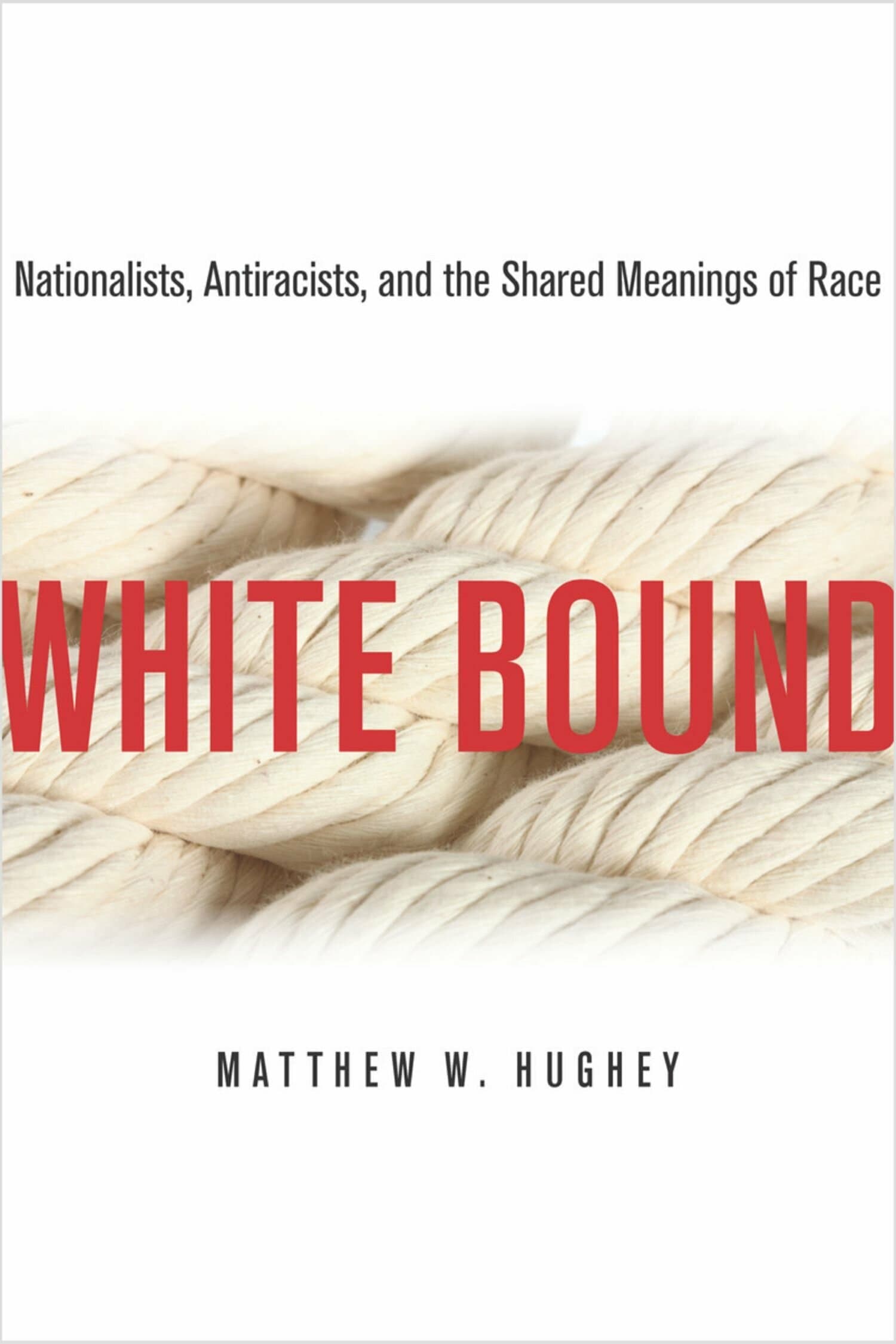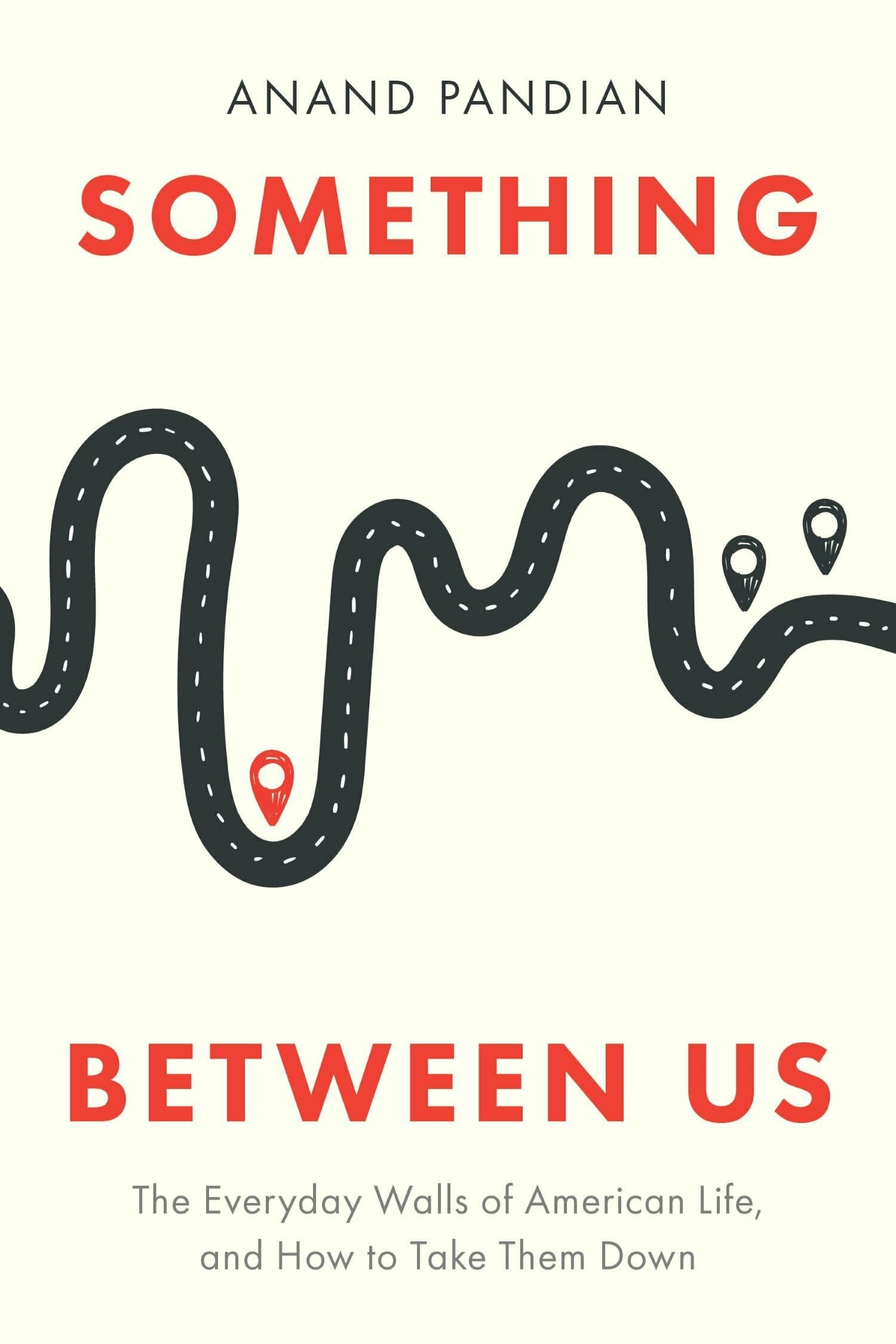Is It Racist? Is It Sexist?
Award Winner
2025: Outstanding Academic Title
Winner of the 2025 Outstanding Academic Title Award, sponsored by Choice.

How can the judgment calls we make in everyday life create or help eradicate social inequality?
Is It Racist? Is It Sexist? Two questions that seem simple on their face, but which invite a host of tangled responses. In this book, Jessi Streib and Betsy Leondar-Wright offer a new way of understanding how inequalities persist by focusing on the individual judgment calls that lead us to decide what's racist, what's sexist, and what's not.
Racism and sexism often seem like optical illusions—with some people sure they see them and others sure they're not there—but the lines that most consistently divide our decisions might surprise you. Indeed, white people's views of what's racist and sexist are increasingly up for grabs. As the largest racial group in the country and the group that occupies the most and the highest positions of power, what they decide is racist and sexist helps determine the contours of inequality.
By asking white people—Southerners and Northerners, Republicans and Democrats, working-class and professional-middle-class, men and women—to decide whether specific interactions and institutions are racist, sexist, or not, Streib and Leondar-Wright take us on a journey through the decision-making processes of white people in America. By presenting them with a variety of scenarios, the authors are able to distinguish the responses as being characteristic of different patterns of reasoning. They produce a framework for understanding these patterns that invites us all to engage with each other in a new way, even on topics that might divide us.
Is It Racist? Is It Sexist? will leave you questioning how you decide whether a joke, a hiring decision, or a policy change is or isn't racist or sexist, and will give you new tools for making more accurate and productive judgment calls.
—Natasha Warikoo, Tufts University
"I dove into this book in hopes of better understanding other white people's beliefs about racism and sexism—which I got with detail that exceeded my expectations. What I didn't expect was to get such useful insight into my own thought patterns and easy-to-use advice to increase my skills in thinking through complex social issues. I feel like I just got a tune up!"
—Debby Irving, author of Waking Up White, and Finding Myself in the Story of Race
"A good book to think with, oriented around a straightforward but effective frame that helps illuminate how different subsets of white Americans reason about inequality, and evaluate ambiguous social situations, in systematically different ways. The authors are candid about their own leanings out of the gate, and speak unapologetically and earnestly from that point of view, while also modeling intellectual clarity and humility. In this way, the book itself serves as a good example of the habits the conclusion encourages for others. It's a book that should be of value to social analysts and laypeople alike, across a broad spectrum of moral and political views, undergirded by cool research and with helpful facts in the footnotes as needed to adjudicate empirical disputes."
—Musa al-Gharbi, Stony Brook University
"The authors do a good job of capturing some of the reasons people may hold the views they do about race and sex. They also capture the experiences of people that explain how they shaped their views."
—Matt Lamb, The College Fix
"This is an accessible, must-read book for everyone interested in understanding how white people make sense of racism and misogyny, including scholars looking for new frames for understanding how individuals interact with hegemonic narratives of structural inequalities. Essential."
—A. J. Hattery, CHOICE
"This work is smart, interesting, and eminently sociological."
—Kathleen J Fitzgerald, Social Forces
"The importance of this work is evident when it interviews two people from similar backgrounds (e.g., military service, location, socioeconomic class) who espouse radically different views of racism and sexism. Rather than focusing on individual judgments of racism and sexism, readers and policymakers should consider how institutional changes can bring forth greater equality, the book argues."
—Mattie Cook, Library Journal




